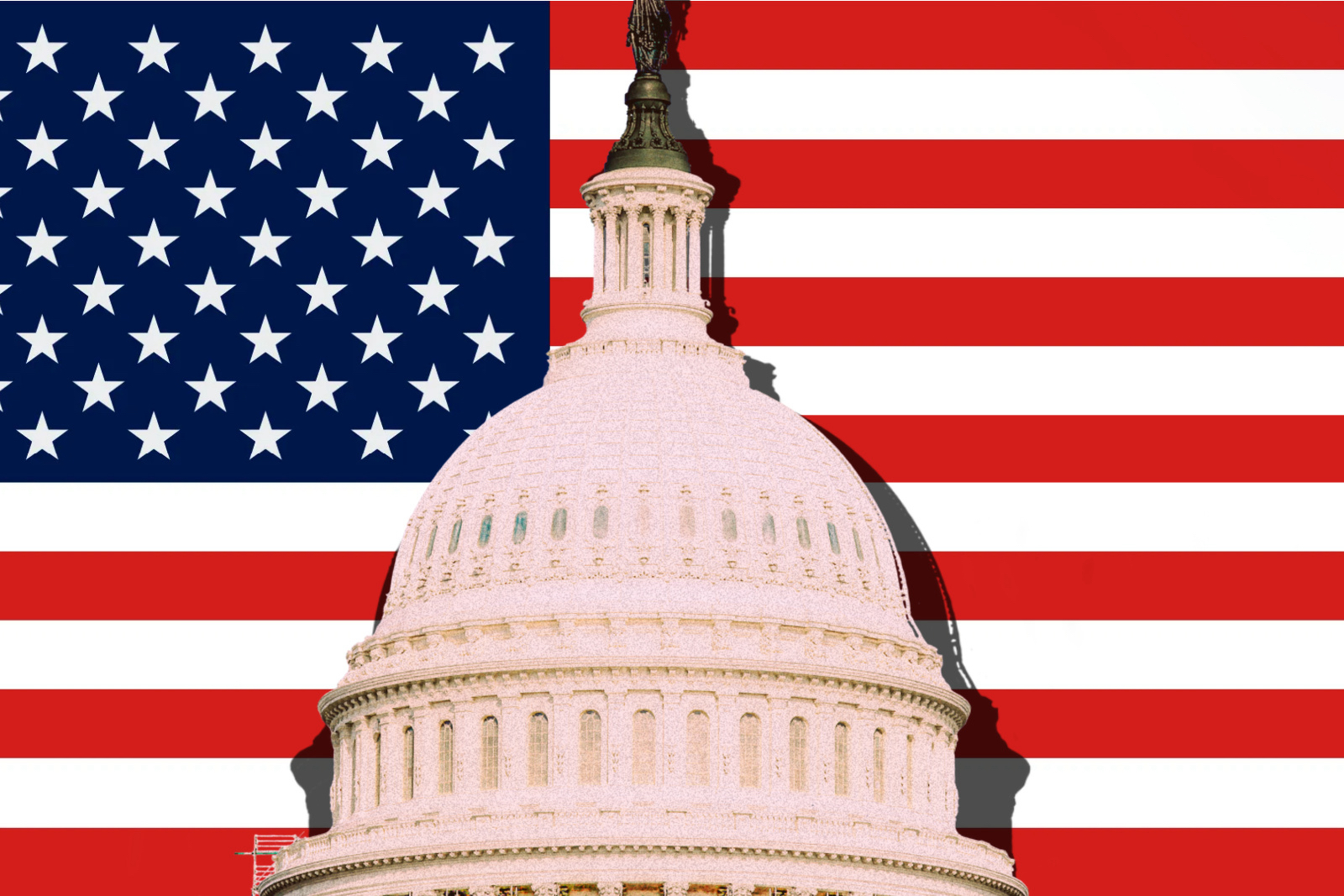
Politics
Political Partisanship is Hurting our Reputation Abroad
In an imagined world where nations are judged not by their fiscal prudence but by their reliability as allies, the U.S. finds its metaphorical credit score in jeopardy. Each instance of deferred foreign aid, each occasion of an unbacked ally, and each domestic issue, from inflation to border crises, sends this score into a tailspin. Indeed, how can the global community rely on a friend who struggles with their own internal affairs? The political standoff between Republicans and Democrats in Washington is not merely a domestic issue; it is a chink in the armor of America’s global standing.
Recently, the legislative attempt to pass a substantial security aid package to the tune of $118 billion—which included assistance for Israel and Ukraine, as well as bolstered border security—was thwarted. House Speaker Mike Johnson’s stark criticism that the bill “was worse than expected” and his proclamation of its inevitable demise upon reaching the House floor signaled a grim forecast for bipartisan cooperation. When the bill was struck down on February 7, it left many, including Fox News Chief Political Analyst, Brit Hume, perplexed at the Republican discontent, which seemed to brand the Republican-led house as ineffectual.
The entrenchment of both major political parties in the U.S. has led to a standstill where critical issues are left unattended. The act of bundling—where lawmakers from both parties pack funding for the border crisis and aid for international allies into one legislative behemoth—reflects a preoccupation with partisan agendas over the welfare of the American populace. The crux of the problem lies not in the content of the legislation but in the practice of jamming distinct issues into a single bill, thus stalling any progress on either front.
In the aftermath, legislators are attempting to navigate the passage of a $95 billion bill focusing on aid for Ukraine and Israel, now stripped of border security provisions. Passed in the Senate, the bill hangs in the balance in the House. The Republican response, as vocalized by Speaker Johnson, has been one of discontent, particularly following a failed bid to secure $17.6 billion solely for Israel.
Johnson’s statement post-failure highlighted the misuse of critical foreign aid as a bargaining chip—a tactic he deemed misguided. “It is clear they are now committed to using Israel aid as leverage to force through other priorities that do not enjoy nearly the same degree of consensus,” Johnson’s office said in a statement. “Leveraging Israel aid as it fights for survival is wrong.”
The perplexity arises as to why aid for allies and border security funds were intertwined within the same bill initially. Policy bundling, a common legislative strategy, aims to entice bipartisan support by merging disparate issues. While this can sometimes lead to collaborative success and compromise, it can equally stall pressing matters.
The political theater unfolding over such policy bundling has seen Democrats and Republicans each using vital issues as leverage—the former with the border crisis and the latter with foreign aid. This deadlock calls for a public outcry for the decoupling of unrelated legislative items.
The American populace’s concern over the border crisis and its impact on the U.S.’s international image is palpable. A nation that cannot manage its own borders nor honor its commitments to allies is one viewed through a lens of unreliability. The debate over foreign aid should not obstruct the imperative to address domestic concerns.
The current impasse reflects a broader political tug-of-war, with Democrats pushing for aid to Ukraine and Republicans, divided over the support of allies, leveraging for their ideal border solution. Instead of delivering desired legislation and necessary support to allies, both parties, through their unwillingness to compromise, engage in a blame game. This stalemate not only fails to address domestic issues but also broadcasts a global message of American untrustworthiness.
The American stance on immigration embodies a dichotomy: Republicans generally advocate for stringent borders, while Democrats espouse more compassionate immigration policies. Yet, a 2023 poll from the National Immigration Forum and the Bullfinch Group indicates a majority consensus—76 percent of registered voters—supporting a bipartisan effort to strengthen border security and reform immigration policies in a humane and practical manner.
The American people have voiced their preference loud and clear. Lawmakers are urged to craft legislation that balances border security with compassionate immigration, devoid of extraneous policy attachments. Concurrently, the U.S. must demonstrate to its allies through a consistent foreign policy that it remains a swift and dependable supporter in their times of need. Discussions on the extent and duration of support are valid, but the underlying issue remains that to uphold the trust of our allies and the integrity of our international commitments, these concerns must be addressed with decisiveness and clarity.

